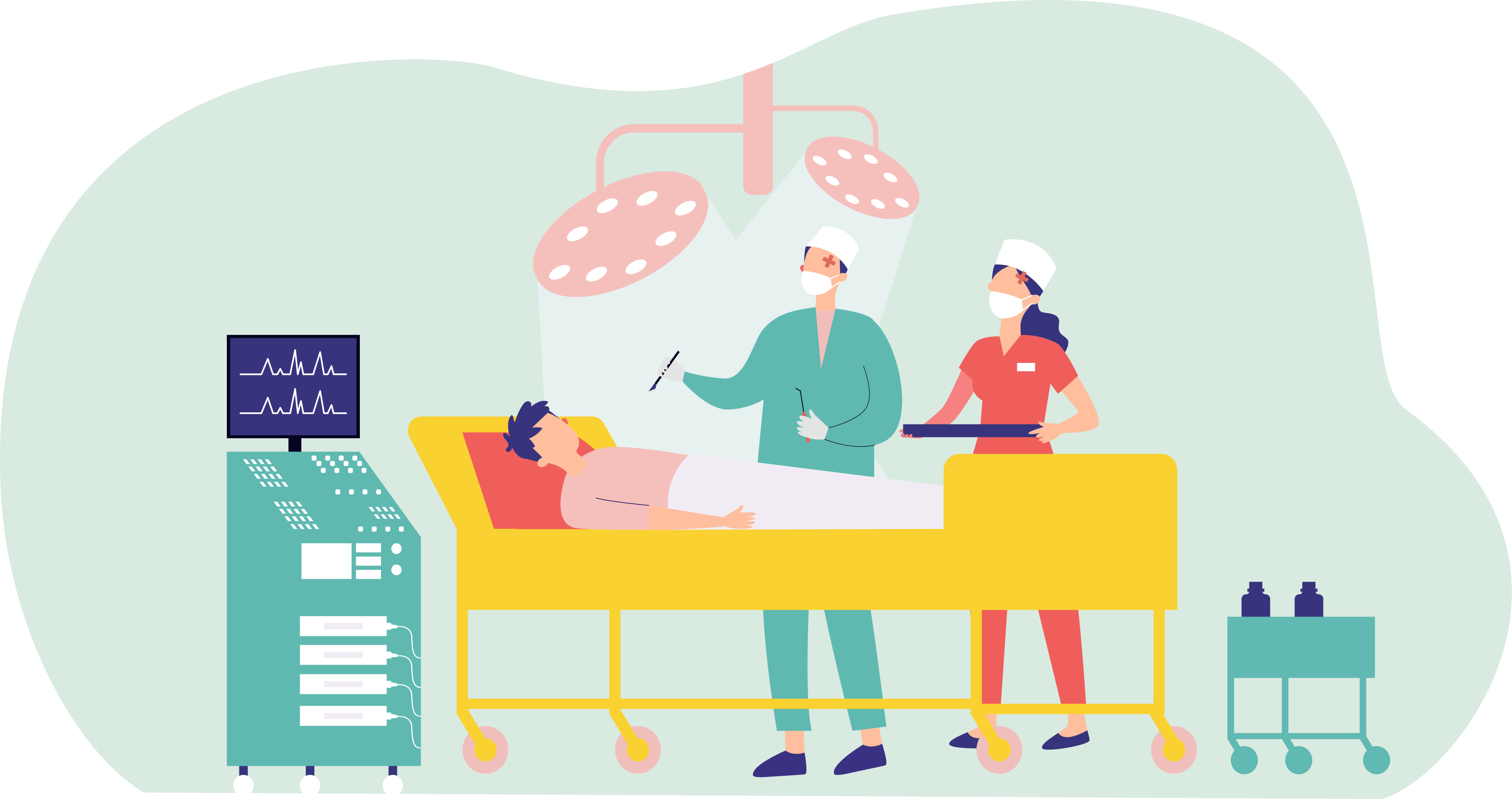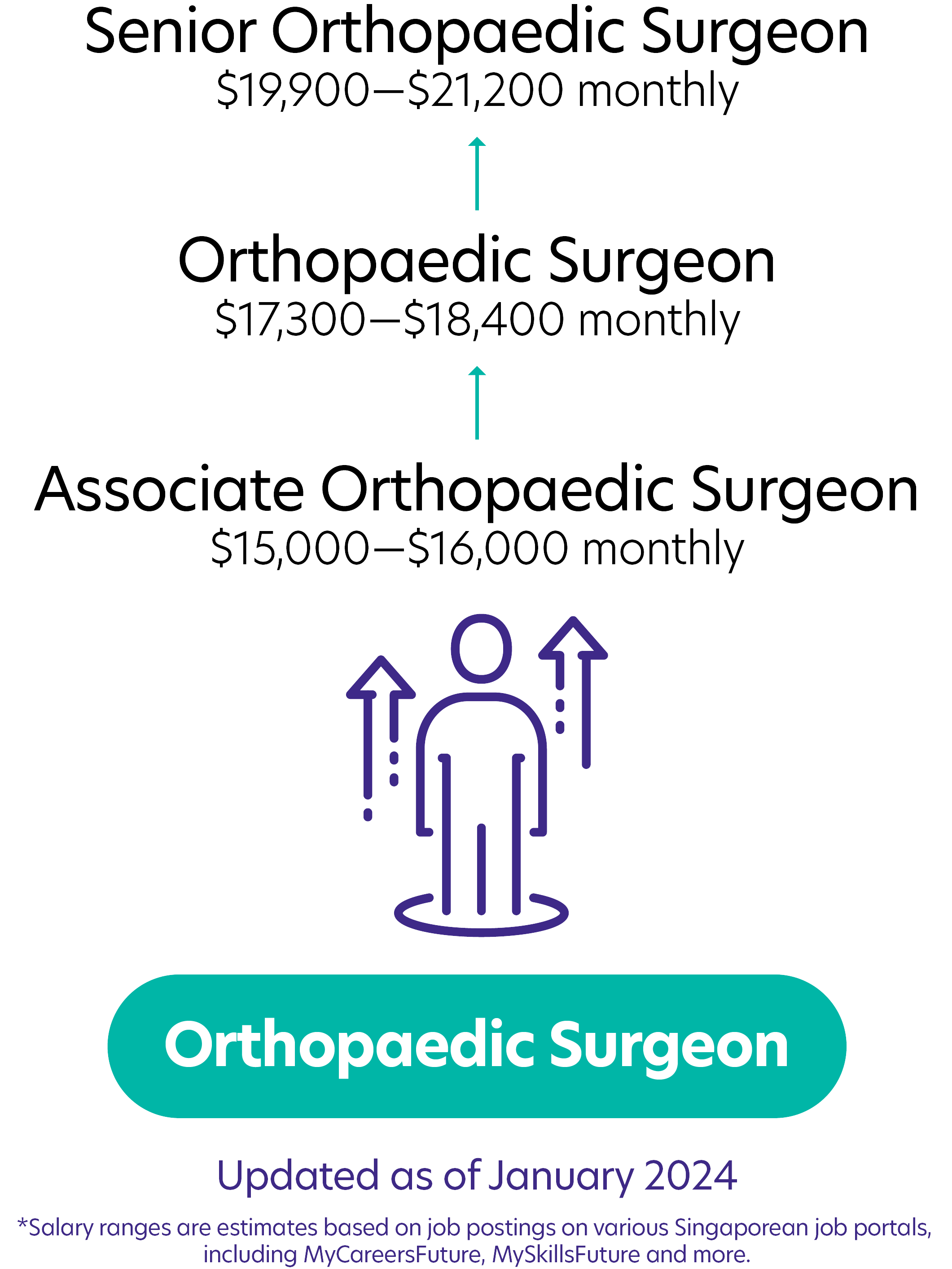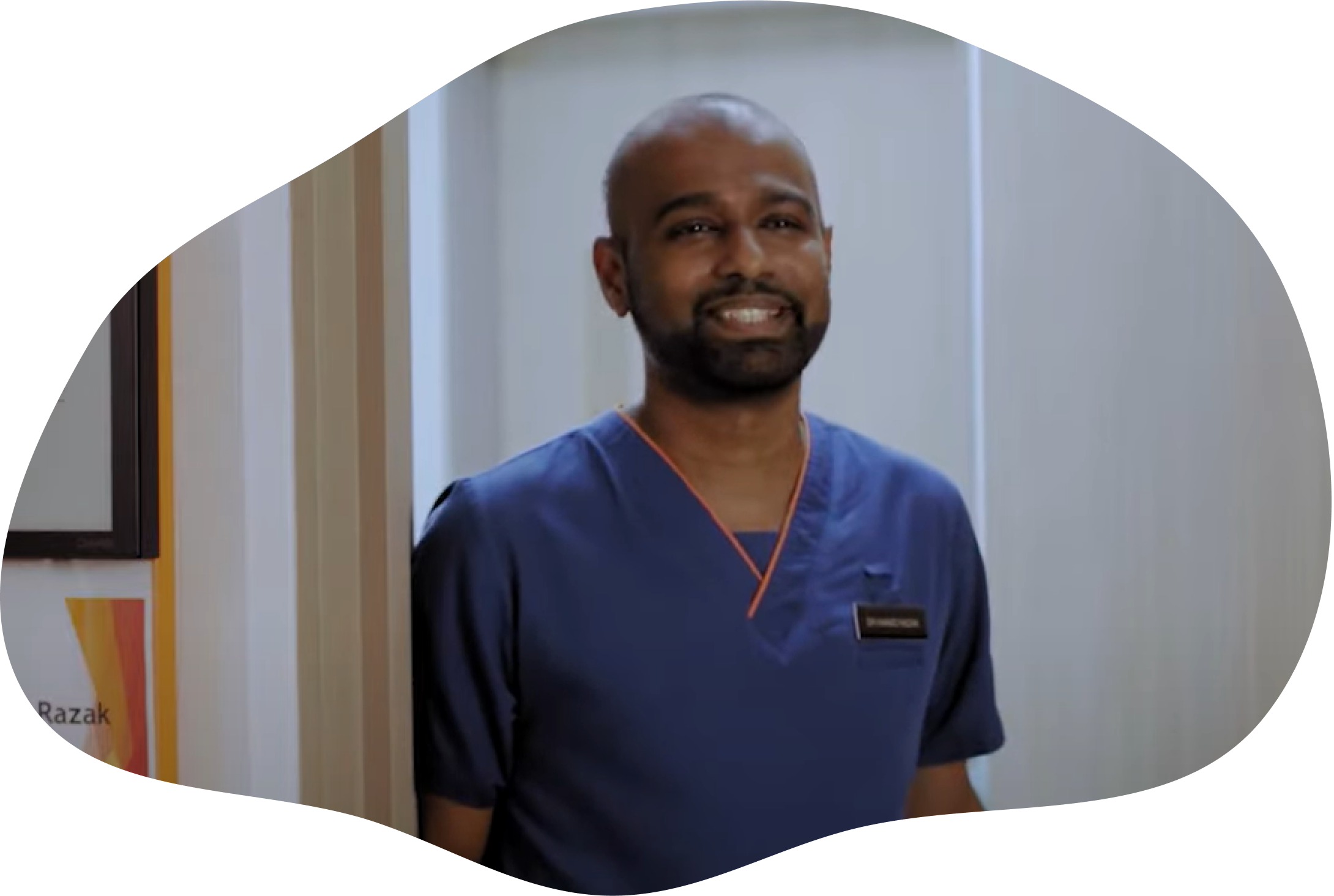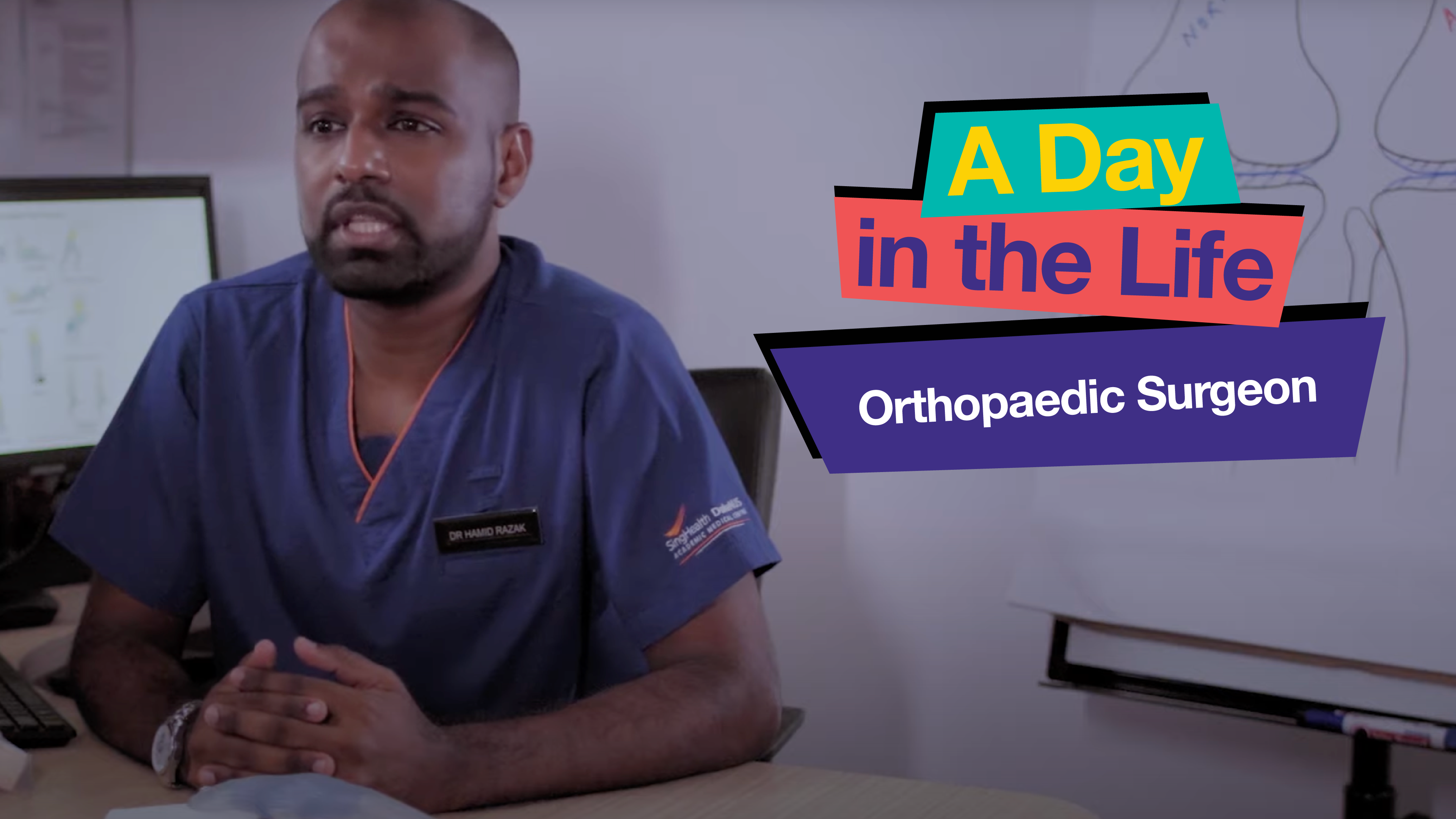
Orthopaedic Surgeons help patients regain bodily function from illnesses that affect the musculoskeletal system. The musculoskeletal system refers to human bones, joints, ligaments, tendons, cartilage, and muscles.
-
Pick up skills in Data Science (e.g. machine learning, AI) to improve patients’ conditions.
-
Provide clinical consultations and assess patients.
-
Conduct rounds to check on the condition of patients.
-
Perform both planned and emergency surgeries.
-
Diagnose and provide Orthopaedic treatments such as medication, injections, or therapy.
-
Use data and technology to improve patients' conditions.
Note
Nature of Work
Orthopaedic Surgeons specialise in performing a range of procedures from less invasive surgeries to complex reconstructions or joint replacements.Key Advice
Manage your time well and sort out your priorities to have a work-life balance.-
Entry RequirementsEntry Requirements
- Minimally, a bachelor of Medicine and bachelor of Surgery (MBBS) is required to become a Surgeon.
- Be prepared to spend 3-10 years in medical school before becoming an independent practitioner.
-
Possible PathwayPossible Pathway

Surgical Proficiency
Expertise in performing orthopaedic surgeries, such as joint replacements, arthroscopy, and fracture repair.Anatomical Knowledge
In-depth understanding of human musculoskeletal anatomy for accurate diagnosis and surgical intervention.Diagnostic Skills
Ability to accurately diagnose orthopaedic conditions using clinical assessments and imaging technologies.Decision-Making
Strong decision-making skills to choose the best surgical and treatment options for patient-specific conditions.Patient Communication
Effective communication skills to clearly explain diagnoses, treatment plans, and post-surgery care.Team Collaboration
Collaborating with Healthcare teams, including Nurses, Anesthesiologists, and Physical Therapists.
Related Job Roles
Explore Other Programmes
Browse AllYou have bookmarked your first item!
Find it in My Discoveries with insights on your interests!





